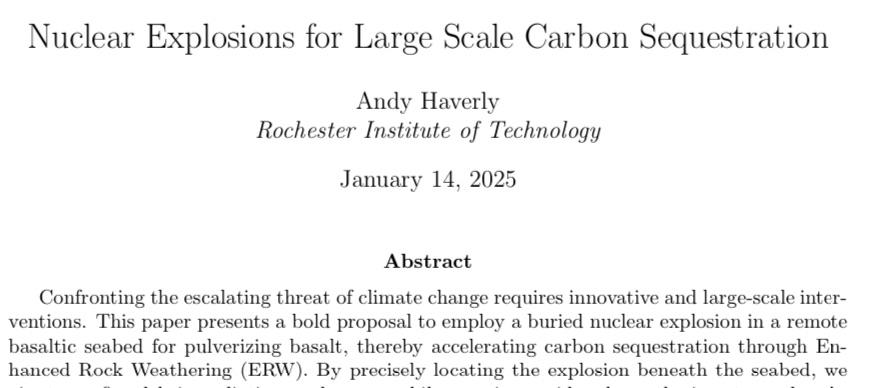this post was submitted on 11 Feb 2025
336 points (99.4% liked)
Science Memes
12097 readers
1950 users here now
Welcome to c/science_memes @ Mander.xyz!
A place for majestic STEMLORD peacocking, as well as memes about the realities of working in a lab.

Rules
- Don't throw mud. Behave like an intellectual and remember the human.
- Keep it rooted (on topic).
- No spam.
- Infographics welcome, get schooled.
This is a science community. We use the Dawkins definition of meme.
Research Committee
Other Mander Communities
Science and Research
Biology and Life Sciences
- !abiogenesis@mander.xyz
- !animal-behavior@mander.xyz
- !anthropology@mander.xyz
- !arachnology@mander.xyz
- !balconygardening@slrpnk.net
- !biodiversity@mander.xyz
- !biology@mander.xyz
- !biophysics@mander.xyz
- !botany@mander.xyz
- !ecology@mander.xyz
- !entomology@mander.xyz
- !fermentation@mander.xyz
- !herpetology@mander.xyz
- !houseplants@mander.xyz
- !medicine@mander.xyz
- !microscopy@mander.xyz
- !mycology@mander.xyz
- !nudibranchs@mander.xyz
- !nutrition@mander.xyz
- !palaeoecology@mander.xyz
- !palaeontology@mander.xyz
- !photosynthesis@mander.xyz
- !plantid@mander.xyz
- !plants@mander.xyz
- !reptiles and amphibians@mander.xyz
Physical Sciences
- !astronomy@mander.xyz
- !chemistry@mander.xyz
- !earthscience@mander.xyz
- !geography@mander.xyz
- !geospatial@mander.xyz
- !nuclear@mander.xyz
- !physics@mander.xyz
- !quantum-computing@mander.xyz
- !spectroscopy@mander.xyz
Humanities and Social Sciences
Practical and Applied Sciences
- !exercise-and sports-science@mander.xyz
- !gardening@mander.xyz
- !self sufficiency@mander.xyz
- !soilscience@slrpnk.net
- !terrariums@mander.xyz
- !timelapse@mander.xyz
Memes
Miscellaneous
founded 2 years ago
MODERATORS
you are viewing a single comment's thread
view the rest of the comments
view the rest of the comments

Seems half-baked. Well unbaked really. They make a shit ton of assumptions that I’m not sure are true.
For example, why do they assume 90% pulverization efficiency of the basalt? Or is that a number they just pulled out of their ass?
And does ERW work if the pulverized rock is in a big pile on the sea floor? Or would we have to dig the highly radioactive area up and spread it around the surface?
And does the radioactive water truly stay at the site of the explosion? Or will it be spread through the entire ocean via currents?
Cool concept but, like, maybe we should check the assumptions a little harder?
Some people would literally rather nuke the planet than take a train to work...
Yeah..... Doesn't the carbon sequestering happen from rain absorbing carbon in the atmosphere and then attaching to the rock to mineralize it? Something tells me 6-7 km of ocean might impede that process.
Dilution is the solution.........ocean big?
Dilution was supposed to be the solution to the whole greenhouse gasses emissions, turns out atmosphere not … that big.
The ocean dissolves a large amount of CO2, which then, just like in the rain example, can react with minerals. It can react faster if there is more surface area of said minerals.
Do you know if Co2 that dissolves into water is less buoyant, or is it held in suspension? Or is this relying on the sediment being suspended in the ocean for a while before being deposited back on the ocean floor?
They expect the pulverised rock to be spread by the blast and distributed on ocean currents, the CO2 is throughout the water column, it moves over concentration gradients, if one volume of water has 1g/L and another has 3g/L then CO2 will move from the 3g/L bit into 1g/L bit until they are in balance
I think they hope the pulverised rock will be spread so it works quicker, not having to wait for CO2 to balance
Thanks, that makes things make a bit more sense.
I am not sure if I understand you. Dissolved CO2 in water of like normal water. There is no crazy difference. If water can get to the rocks, so can the dissolved CO2.
Oh, I was just pondering the efficiency. If Co2 is held in suspension and only the top layer of sediment is going to be exposed to the carbon in the water, and not to a degree of co2 more concentrated than normal.
Every bit that is in contact with water is also in contact with CO2.
Also would it kill all the sea life leading to a large amount of greenhouse gas emissions from all the decomposing fish corpses? Does undersea decomposition release greenhouse gases?
And doesn't plankton already sequester CO2 on the ocean floor when it dies?
Oh right. The solution of course is a bigger bomb.